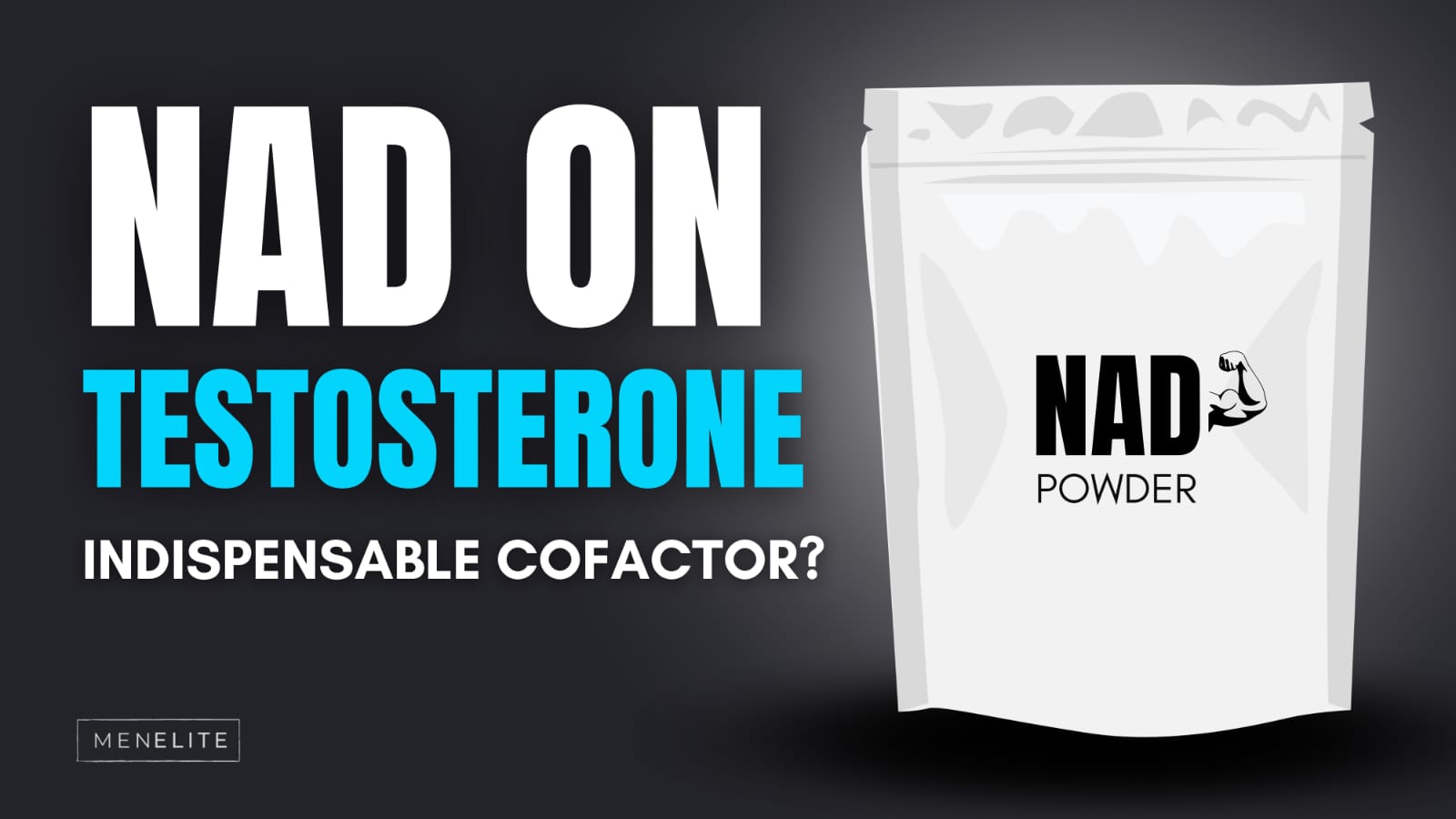- Joined
- Aug 24, 2017
- Messages
- 5,858

NAD+ for testosterone; an indispensable cofactor? » MENELITE
NAD is well known as an important compound (nucleotide) to prevent aging. Many supplements are designed to boost NAD maximally, such as nicotinamide riboside (NR), nicotinamide mononucleotide (NMN), etc. Can these supplements also boost testosterone? Let’s find out! Steroidogenic enzymes use NAD...
In summary
NAD is used as a cofactor for steroidogenic enzymes to create testosterone. Niacin and niacinamide, which boost NAD levels, have been shown to increase testosterone in rodents.
However, on the flip side, depleting NAD didn’t lower testosterone.
Low NAD is mostly due to increased oxidative stress that increases with age and not a lack of dietary tryptophan and vitamin B3 (R).
Thus, to prevent NAD from decreasing:
- Eat a low-inflammatory diet
- Eat a nutrient-dense diet rich in zinc, selenium, magnesium, manganese, etc, that helps to reduce reactive oxygen species.
- Avoid toxins that cause oxidative stress (heavy metals, plastics, pesticides, xenoestrogens, etc.)
- Prevent NAD catabolism by blocking CD38 with apigenin (R, R) (apigenin can also boost testosterone)
- Niacinamide also inhibits PARP and CD38, thus sparing NAD.
